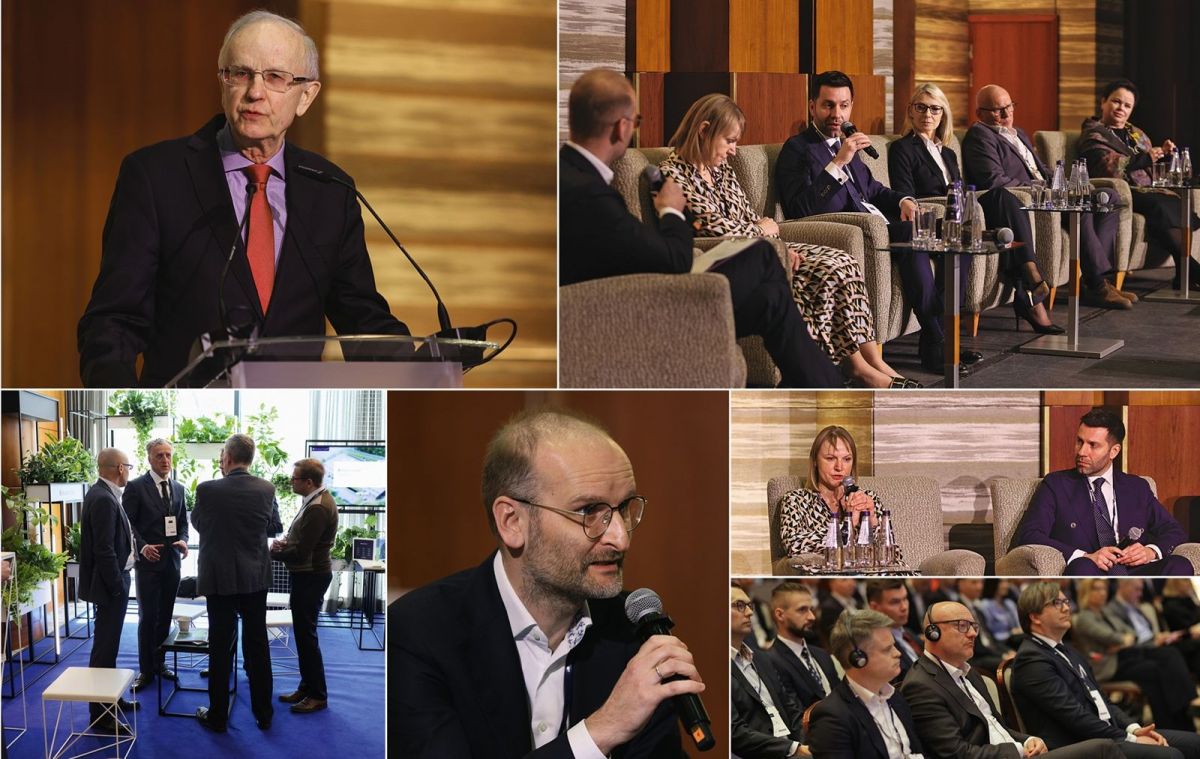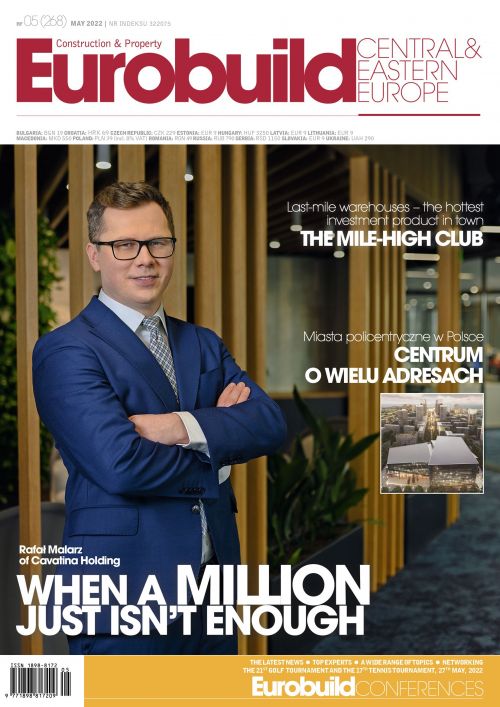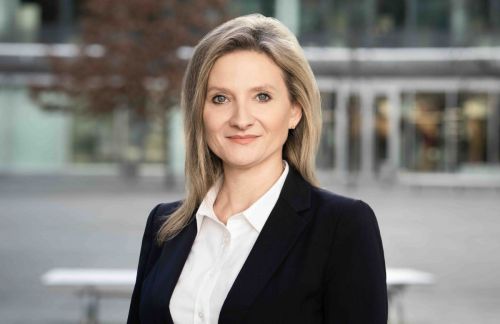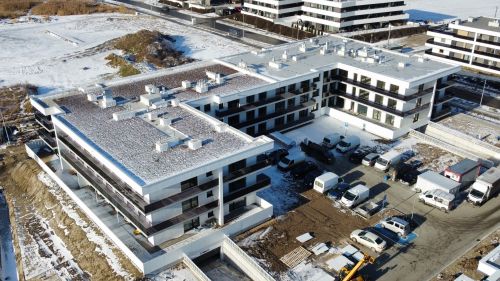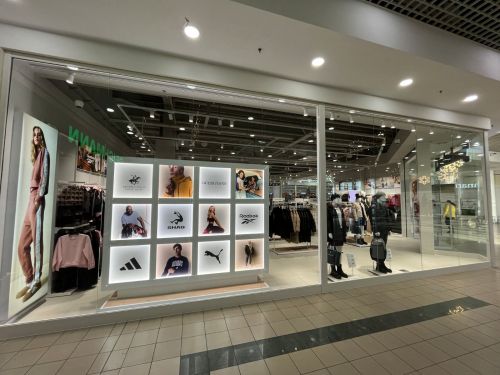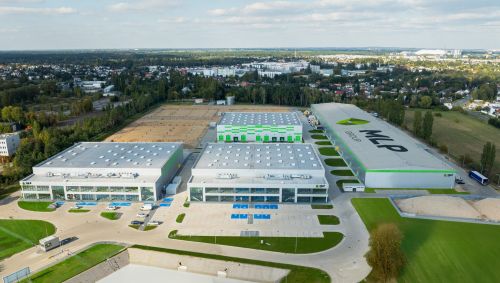On the one hand, what you could see from the very start of the 8th Invested Interest Investment Market Conference at the Westin hotel in Warsaw in mid-April was an increased sense of uncertainty about the current geopolitical situation and the effect this could have on the real estate business. As Joanna Nicińska, a regional director at Echo Investment, put it: “For so many years we were saying: I’ll tell you how things are, they’re like this or they’re like that. But now so many people are just admitting that they have absolutely no clue about what’s going to happen. We’ve had two years of pandemic, where we’ve had to switch from home working to remote working overnight. (…) Now we have the war in Ukraine. What will happen now, I just don’t know,” she said.
On the other hand, however, you could also hear speakers who were much keener to give their predictions about the future of the real estate market, and most who did did
